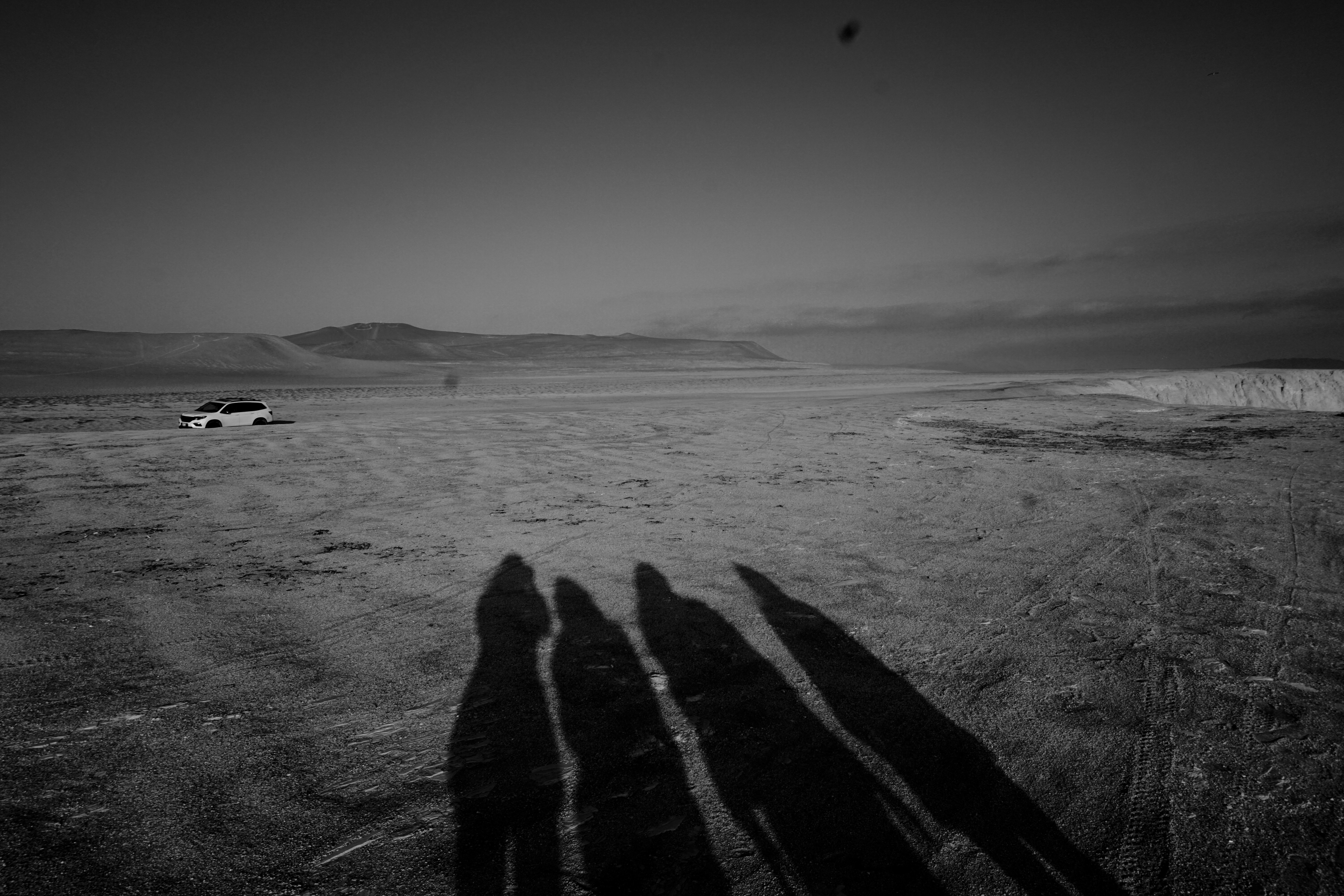What’s your relic?
He asks this as you sit, sipping on soup in an unfamiliar place, surrounded by unfamiliar faces.
What’s a relic? You ask back.
He explains that relics are remains of a religious saint that has passed. There are different “classes” of relics, he says. A first class relic is an actual physical remain of a saint. A finger, a bone, some hair. You cringe at the thought of a toe on display in a glass box somewhere, but continue listening. A second class relic is an item used by that particular saint. A piece of clothing, a bible, sandals. Something that represents that individual’s sanctity and embodies their being.
So what’s your second class relic? He asks again.
In other words — if you were to die, what object would remain that would encapsulate the complex, multifaceted entity that is you?
You met this guy two days ago and he’s asking you to condense yourself into an object you can carry in your back pocket. You’re intrigued, to say the least.
So you sit there and try to stir up something witty but fail tremendously. You stare back blankly. No sé.
“Take your time,” he says, smirking.
So you do. You spend the entire weekend chewing at it, gnawing at the thought of your relic.
A pencil because you like to write? Come on.
A globe because you’ve been in different places? No seas patética.
You keep thinking it over and chewing at it more, but the unidentified relic, the all-encompassing thing you can’t quite put a finger on, chews at you too. It bites till you’re upset. Upset that you can’t quite sum yourself up in an object. Screw that relic, you think, and put it to rest.
But the thought of it sneaks up on you and sits at your feet as you lay down in bed. You’re going to need to approach this differently, you realize.
So you stop trying to think of the relic itself, and instead think about the idea that relic is supposed to represent. You come up with not a thing. Not an idea. But a feeling.
The feeling of being in between.
You realize that you’ve spent your life torn between two languages.
You can’t go two sentences in English without it weaving into Spanish. And just when you think you can maneuver tu español with ease, you find yourself struggling for all the right words. People ask what language you think in. You say “both”. What language do you dream in, though? That you don’t really know.
You’ve spent your life torn between places and cultures.
“I’m Peruvian”, is your go-to response but as the words slide off your tongue, you know there’s more to it. Cuban American mom, Peruvian dad. So you say coño like a cubanita but sing your sentences like a true limeña. First half your life in the U.S., second half in Peru. So you know all your favorite childhood theme songs in English, but prefer Hoja de Parra to Maroon 5, any day.
At school, you’re so Peruvian it hurts. They tell you you have an accent.
Back in Peru, you’re la gringa. Notorious for using English in every sentence.
You’ve spent your life torn between values and beliefs.
You grew up a practicing Catholic but find yourself wrestling with a newfound ambivalence towards your faith. You grew up apathetic towards American politics because you lived countries away from its circle of influence. But you now live right within its wake, surrounded by people with loud, relevant opinions. So you read a bit more and listen. You grew up convinced that easy-to-measure achievements and external recognition made you successful. But your recent experiences have taught you the best lessons manifest themselves through relationships and conversations.
The more you think about it, the more you like this feeling of being in between. But you still don’t have an object to represent it. A bookmark, maybe? You definitely don’t read enough to be a bookmark.
And then a friend suggests the word “and”. A word that is always nestled between two words, never more true to one than the other, yet it ties things together. It bridges ideas and can create meaning from two seemingly unrelated ideas.
And the word “and”, she notes, can be squished into the aesthetically pleasing ampersand (“&”).
You like the ampersand so much that you think of tattooing it on you, hoping it will somehow anchor you down. You imagine the tattoo nestled underneath the stack of bracelets on your right wrist. The way it would peep out from behind them, an act of its own, hidden behind drawn curtains. But you know this permanent ampersand will only serve to constantly remind you that you have been, and always will be, in between.
You try to explain the tattoo idea to your friends and even then you struggle to stick to one language.
“Siempre me siento in between cosas. Me entiendes?”
Always in between.
So your relic? It’s not a physical remain or an object you can fit in your back pocket. It’s a word you can write in infinite languages and say infinite times in conversation. A word that ties things together but always finds itself in between. Like you. Always between languages, between worlds that only seem to make sense when they overlap.
“And”.
“Y”.
&.
Originally published at www.thebridgeis.com


